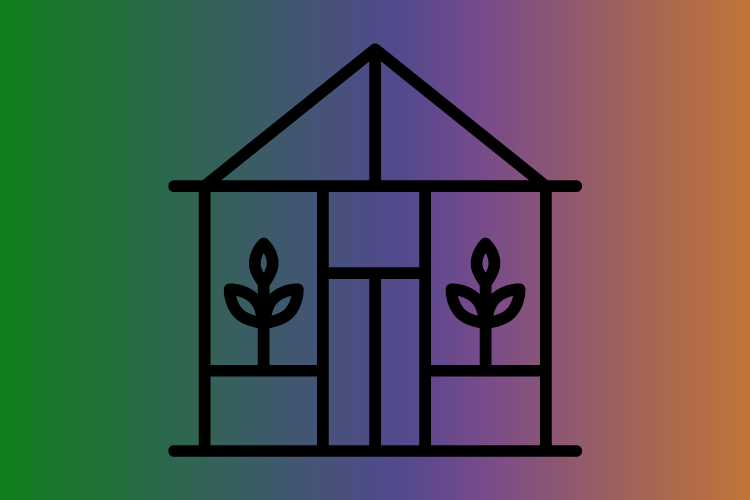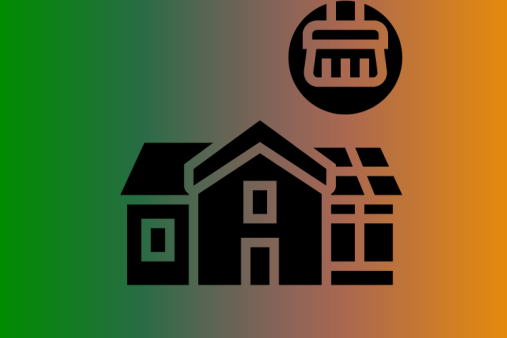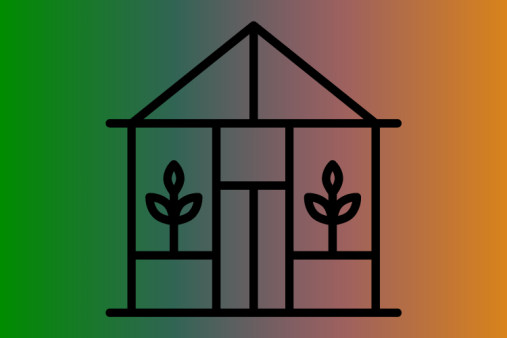Choosing between a hardwood or uPVC conservatory ultimately depends on your personal preferences and requirements. Both materials have their advantages and disadvantages.
Hardwood conservatory benefits
Hardwood conservatories offer a natural and traditional aesthetic that can add character and charm to a property. They are also durable, long-lasting, and can be stained or painted to match the existing décor. However, they do require regular maintenance and can be more expensive than uPVC conservatories.
Hardwood conservatories offer a range of benefits, including:
-
Natural Aesthetics: Hardwood conservatories have a natural and traditional aesthetic that can add character and charm to a property. They offer warmth and beauty that can enhance the overall appearance of a home.
-
Durability: Hardwood conservatories are known for their strength and durability. They are made from dense, solid wood that can withstand the elements and resist wear and tear. With proper maintenance, a hardwood conservatory can last for many years.
-
Customization: Hardwood conservatories can be custom-built to match the style and requirements of a property. They can be stained or painted to match existing décor, and can be designed to fit any size or shape of a property.
-
Environmental Sustainability: Hardwood is a renewable and sustainable resource, making it an eco-friendly option for conservatories. It is also biodegradable and can be recycled, reducing waste and environmental impact.
-
Energy Efficiency: Hardwood conservatories can be designed to be energy-efficient, with double-glazed windows and insulated roofing. This can help to reduce heating and cooling costs and make the conservatory more comfortable year-round.
Overall, a hardwood conservatory can offer a range of benefits, from natural aesthetics to durability and environmental sustainability. However, it's important to choose a reputable installer and maintain the conservatory properly to ensure it lasts for many years to come.
uPVC conservatory benefits
uPVC conservatories, on the other hand, are low maintenance, cost-effective, and energy-efficient. They are also available in a range of styles and colours to suit various property types and styles. However, some people find them less aesthetically pleasing than hardwood conservatories, and they may not be as durable in extreme weather conditions.
uPVC conservatories offer a range of benefits, including:
-
Low Maintenance: uPVC conservatories are easy to maintain and require minimal upkeep. They do not require painting or staining, and can be easily cleaned with soap and water.
-
Cost-effective: uPVC conservatories are generally less expensive than hardwood or aluminum conservatories, making them a popular choice for those on a budget.
-
Energy Efficiency: uPVC conservatories are highly energy-efficient, with double-glazed windows and insulated roofing that help to keep the conservatory warm in the winter and cool in the summer. This can lead to lower energy bills and a more comfortable living space.
-
Versatility: uPVC conservatories are available in a range of styles and colors to suit any property type and style. They can be designed to fit any size or shape of a property.
-
Durable: uPVC conservatories are strong and durable, and can withstand the elements and resist wear and tear. They are also resistant to rot, rust, and corrosion.
Overall, uPVC conservatories offer a range of benefits, including low maintenance, energy efficiency, versatility, and durability. However, it's important to choose a reputable installer and maintain the conservatory properly to ensure it lasts for many years to come.
The choice is yours
Ultimately, the decision between a hardwood or uPVC conservatory will depend on your personal preferences, budget, and the specific requirements of your property. It's always a good idea to consult with a reputable conservatory installer who can provide expert advice and guidance on the best option for your needs.




